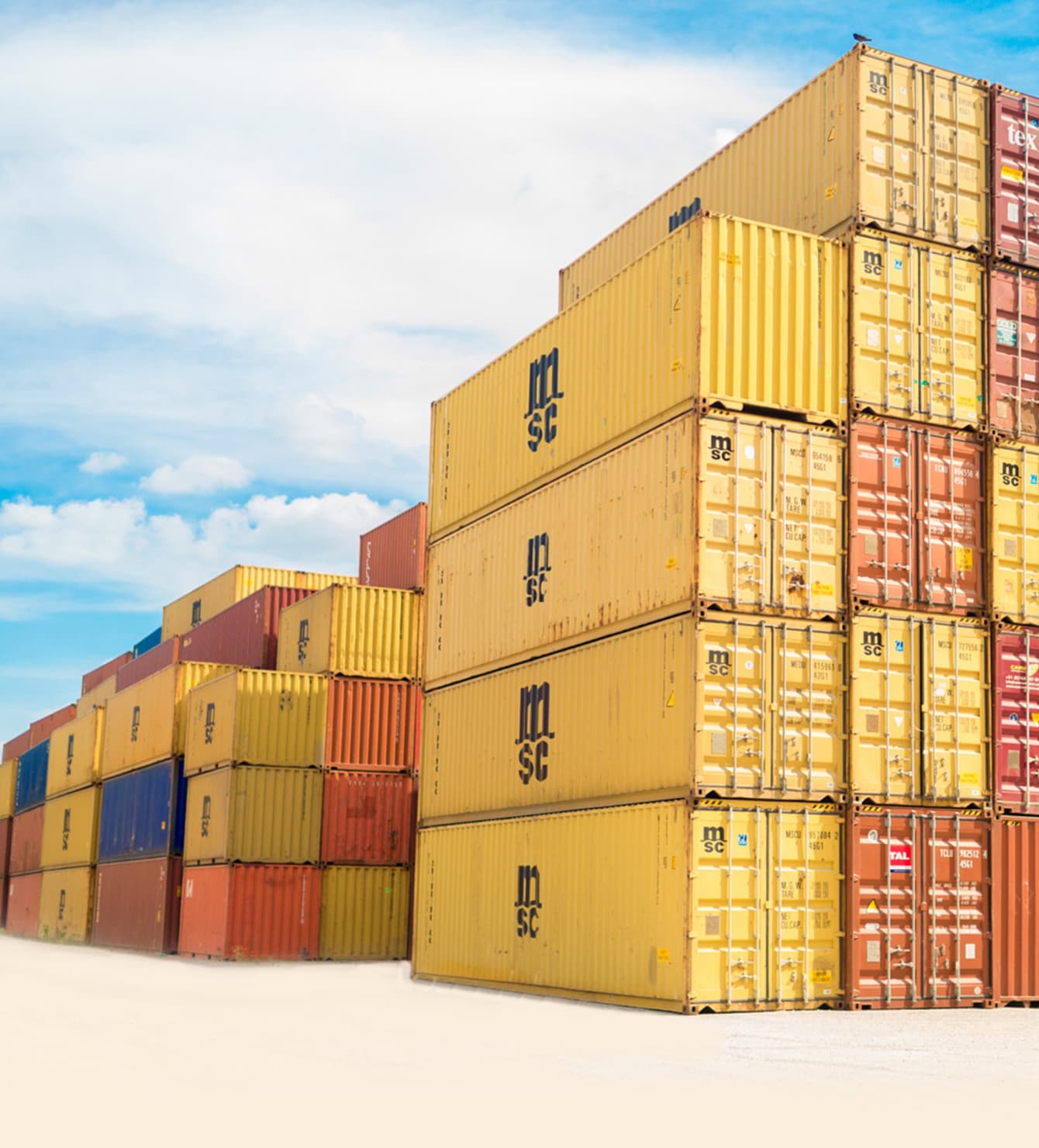Free trade area
The European Union is the largest trade partner of Ukraine. The EU share in the foreign trade of goods of Ukraine is 41,3%.

Preferential tariff quotas
For some agricultural and food products, the EU and Ukraine apply preferential tariff quotas. Setting preferential tariff quotas does not mean a ban on exports beyond quotas. In particular, Ukrainian companies can supply goods without restrictions beyond the tariff quota, but these volumes fall under the General import regime in the EU. That is, exports within the quota are subject to a duty of 0%, exports beyond the quota are subject to import duties defined by the Customs tariff of the EU.
The EU has established preferential tariff rate quotas for 36 kinds of products, 4 of which have additional volumes. To see the list and size of tariff quotas, as well as the rates of import duties of the EU beyond the quotas, go to the website
Tariff quotas (basic and additional) are administered on two principles:
– “first one to come – first one to get” (for honey, processed grain and flour, processed tomatoes, grape juice, oats, etc.);
– through the system of import licenses (for wheat, corn, barley, etc.).
Ukrainian exporters actively use the opportunities of preferential exports to the EU within the framework of preferential tariff quotas. Thus, in 2016, Ukrainian exporters carried out deliveries within 26 out of 40 available tariff quotas, in 2017 — 29 out of 40 available tariff quotas.
Quotas that are quickly and completely used by Ukrainian exporters: honey, grape and Apple juices, processed tomatoes, sugar, cereals and flour, poultry, wheat, corn, barley.
In 2016, there were also used tariff quotas for butter, milk powder, starch, sugar products, bran, processed sugar products, processed products of grain, sugar, corn, malt, etc. In 2017, Ukraine also used three additional preferential quotas for milk, cream, condensed milk and yogurts; processed starch; eggs and albumins. To see the summary on the level of use of preferential tariff quotas by Ukraine go to the website
Information on the current status of use of EU preferential quotas by Ukraine (available balance) is available on the website
Ukrainian companies supply those products over tariff quota. In particular, the actual volume of exports of honey, cereals and flour, processed tomatoes, etc. to the EU is several times bigger than the size of the preferential tariff quota. Thus, in 2016 Ukraine supplied the EU with 36.8 thousand tons of natural honey, which is more than 7 times higher than the preferential quota for honey; cereals and flour — 17.2 thousand tons, which is 2.7 times higher than the quota.
Ukraine has established preferential tariff quotas for 3 types of agricultural products from the EU (pork, poultry and sugar), as well as provided additional volumes for 2 of them (see the website
Additional EU trade preferences for Ukraine
Since October 01, 2017, the EU has introduced additional preferential tariff quotas for agricultural and food products, which are most in demand in the EU, for a period of 3 years within the framework of additional EU temporary trade preferences for Ukraine (see Regulation (EU) 2017/1566).
The following preferential quotas increased: honey (+2 500 tonnes per year); barley groats, processed grain and flour (+7 800 tonnes); processed tomatoes (+3 000 tonnes); grape juice (+500 tonnes); oats (+ 4 000 t); corn, corn meal and pellets (+625 000 tonnes); soft wheat, wheat flour and pellets (+65 000 tonnes), barley, barley flour and pellets (+325 000 tonnes). Most of the additional preferential quotas have been in effect since October 01, 2017, except for wheat, maize and barley quotas, which are in use since January 01, 2018.
Also within the framework of temporary trade preferences, the EU abolished import duties on imports from Ukraine for such industrial goods as fertilizers, footwear, pigments and preparations based on titanium dioxide, copper and aluminum products, electronic equipment for image reproduction (see Regulation (EU) 2017/1566).






